Lunglei
A complete tourist and cultural guide
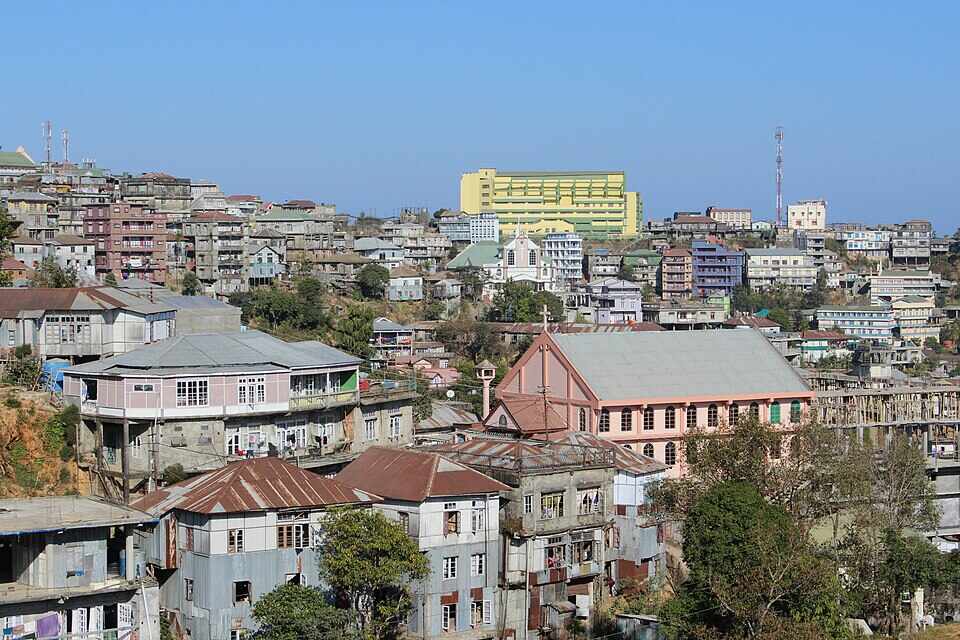
Lunglei is surrounded by rolling green hills, deep valleys, and serene landscapes, it is a perfect mix of nature, culture, and heritage. Known for its breathtaking viewpoints, wildlife sanctuaries, and cultural hub.
Must-Visit Attractions in Lunglai
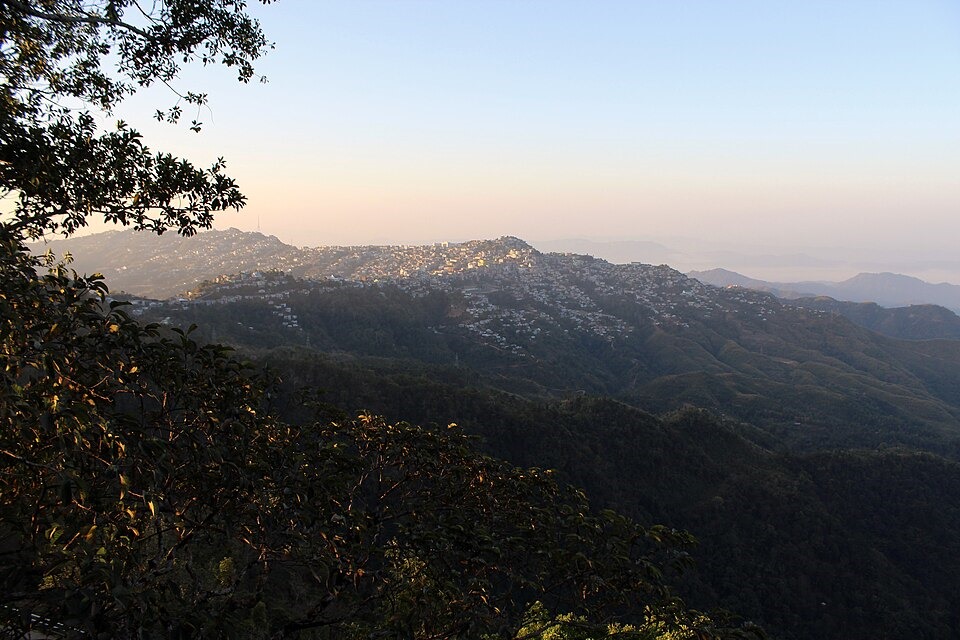
Lunglei Viewpoint
A famous spot that gives you a breathtaking panoramic view of the town and the surrounding lush hills. Perfect for sunrise and sunset photography.
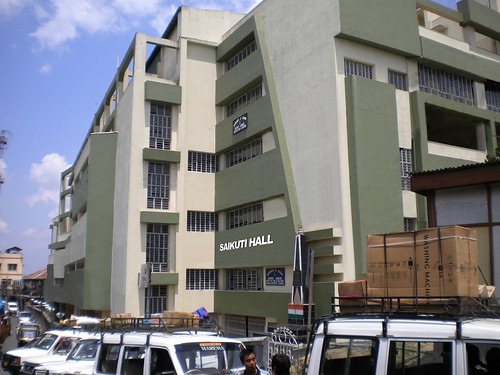
Saikuti Hall
This is the cultural hub of Lunglei where exhibitions, concerts, and fairs are organized. It’s a great place to witness the local art, culture.
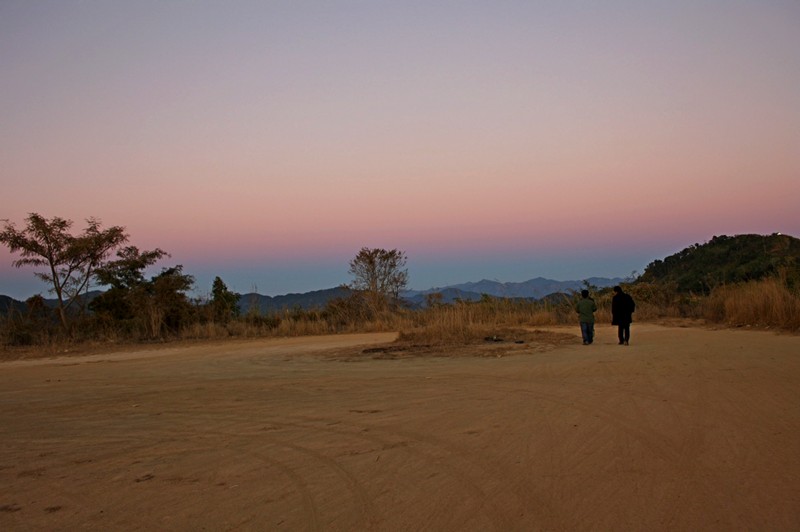
Kawmzawl Park
A beautifully maintained eco-park where you can enjoy picnics, peaceful walks, and relax amidst greenery.
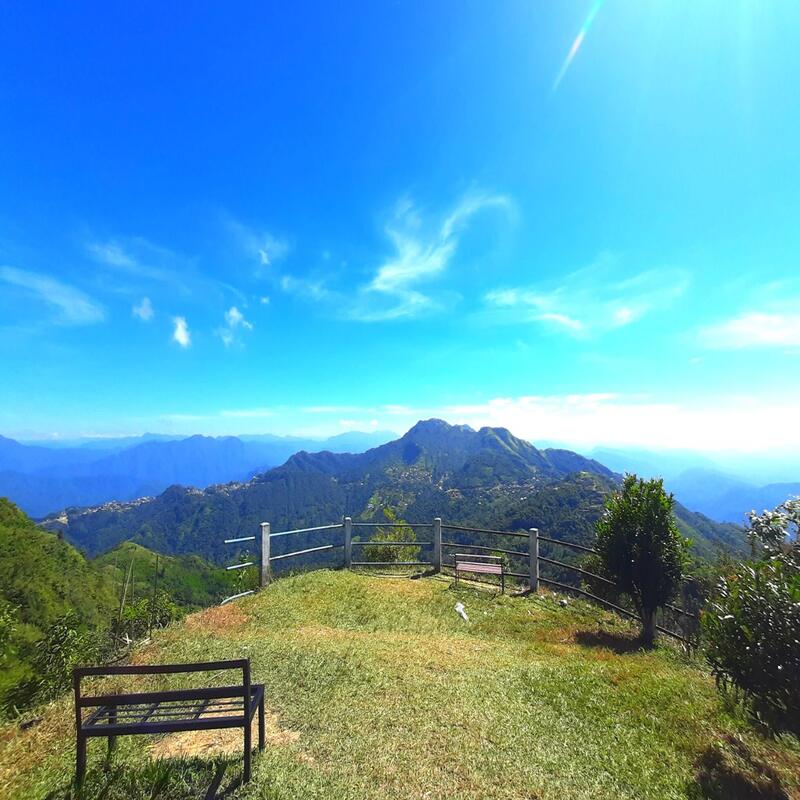
Theiriat Tlang
A hilltop destination where one can trek and enjoy panoramic views of the valleys and villages below. It’s ideal for adventure lovers.
Major Attractions Nearby Lunglei
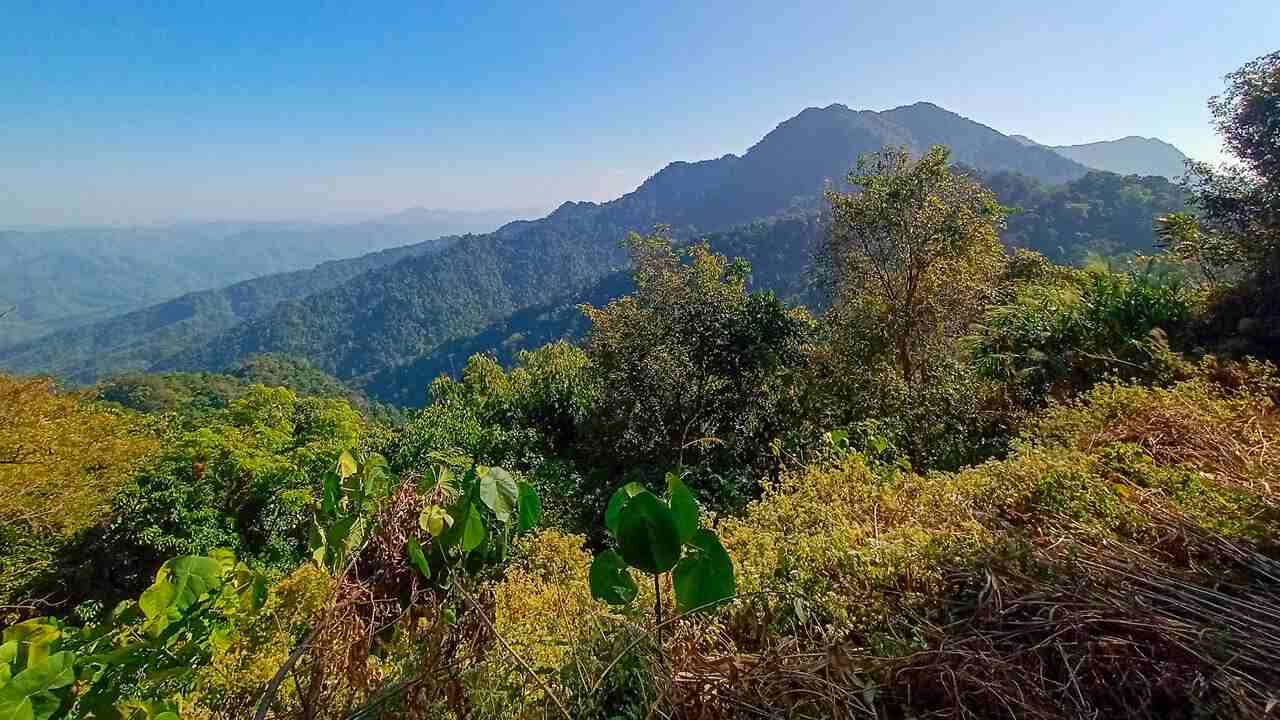
Saza Wildlife Santuary
A lesser-known yet stunning sanctuary located near Lunglei. It’s covered with thick forests and is home to exotic animals and birds.
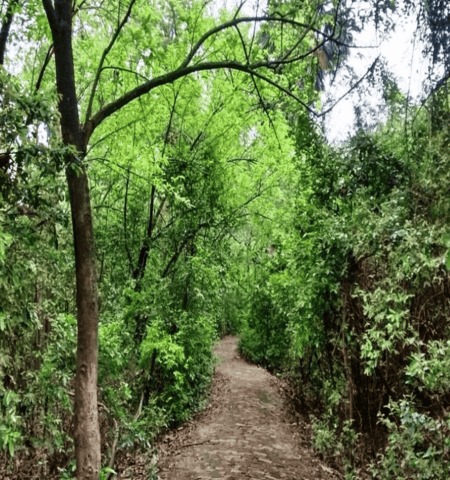
Thorangtlang Wildlife Santuary
Situated near Lunglei, this sanctuary is spread over thick forests and is famous for its elephants, leopards, and beautiful bird species.
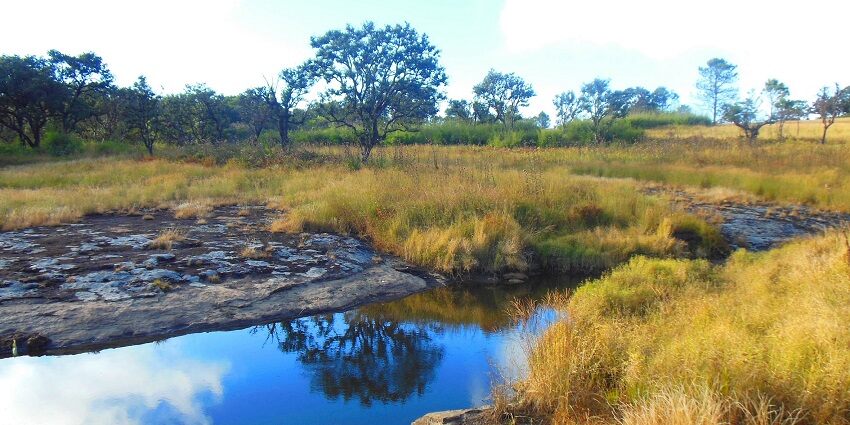
Khawnglung Wildlife Santuary
Located around 30 km from Lunglei, this sanctuary is home to rich flora and fauna including many animals and birds species
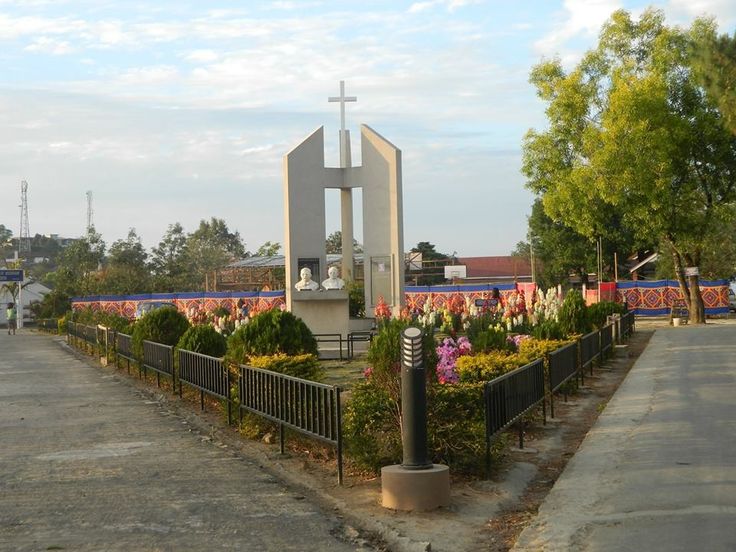
Serkawn
Serkawn is famous for its quiet environment and educational institutions, including the oldest school in southern Mizoram.
Things to do in Lunglei
Experience the spiritual, cultural, and historical essence of the city.
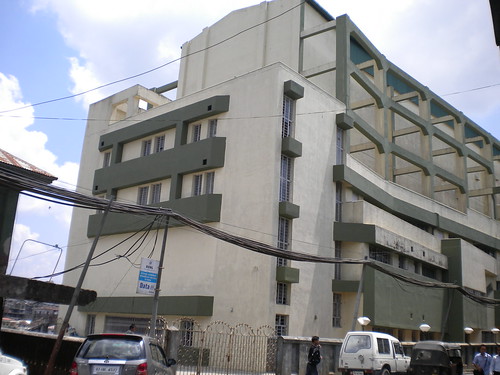
Visit Saikuti
Saikuti Hall is the cultural heart of Lunglei, where many exhibitions, concerts, and local events are held.
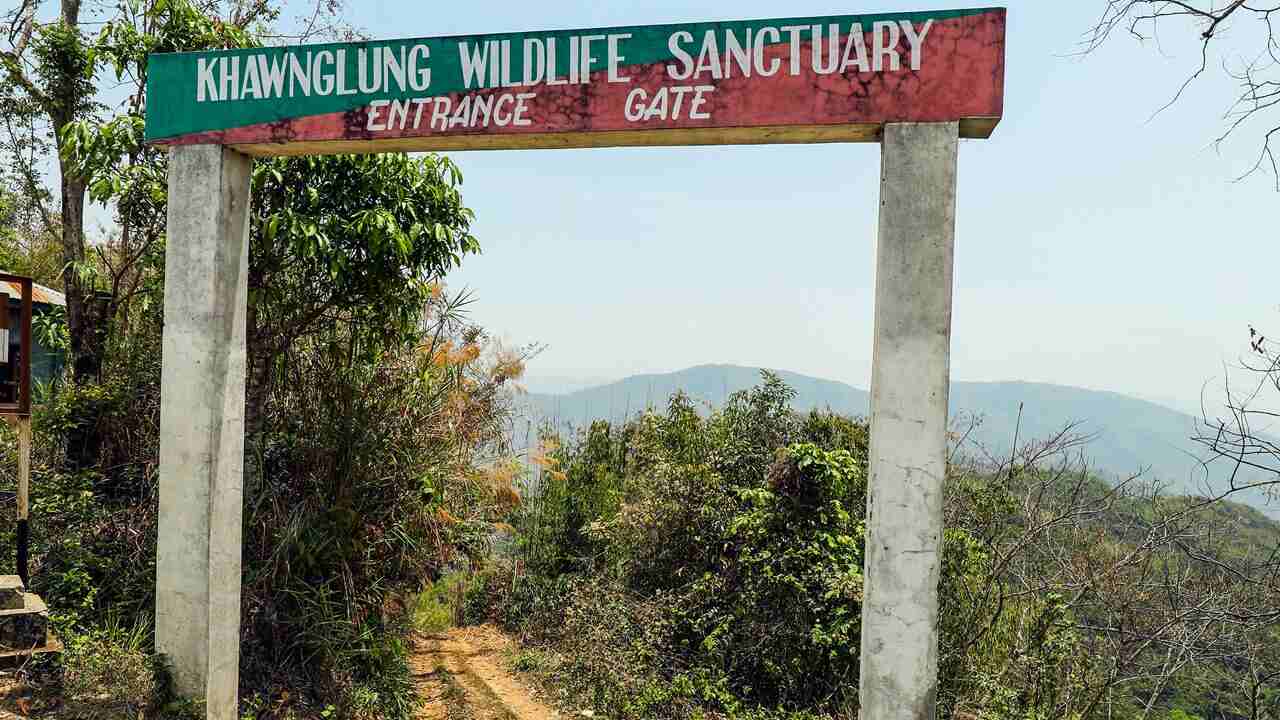
Explore Khawnglung Wildlife Santuary
Just a short drive from Lunglei, this sanctuary is perfect for nature lovers

Enjoy the view from Zobawk sports Academy Viewpoint
The viewpoint gives you a breathtaking panorama of Lunglei’s rolling hills and valleys.
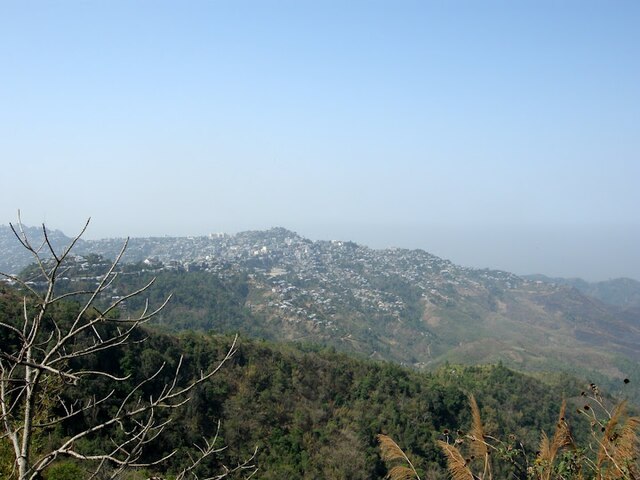
Trip to Serkawn
Serkawn is known for its historical significance and old missionary establishments. The place has a calm atmosphere.
The Performing Art of Lunglei
The performing arts of Lunglei beautifully reflect the cultural richness and traditions of the region. They combine music, dance, and storytelling to express emotions, celebrate festivals, and preserve folklore passed down through generations. These performances often draw inspiration from nature, daily life, and community values, making them both entertaining and meaningful. With rhythmic movements, soulful songs, and vibrant expressions, the performing arts serve as a bridge between the past and present, keeping heritage alive while also inspiring future generations.
Folk Music
Gospel Music
Mizo Rock & Pop Music
Folk Music, which carries traditional tales, local legends, and everyday experiences, often performed with indigenous instruments. Gospel Music, reflecting the deep-rooted Christian influence in the region, where choirs and congregational singing create a sense of unity and devotion. Modern Mizo rock & Pop have also flourished, blending Western influences with local language and themes.
Cheraw Dance
Chheihlam Dance
Khuallam Dance
Cheraw Dance also known as the bamboo dance, where rhythmic steps are performed between clapping bamboo sticks, symbolizing grace and coordination. Chheihlam Dance, usually performed in groups with singing and rhythmic movements, often expressing joy, storytelling, and togetherness Khuallam Dance, also widely celebrated, performed to welcome guests or honor important occasions, showcasing the warm hospitality and unity of the people.
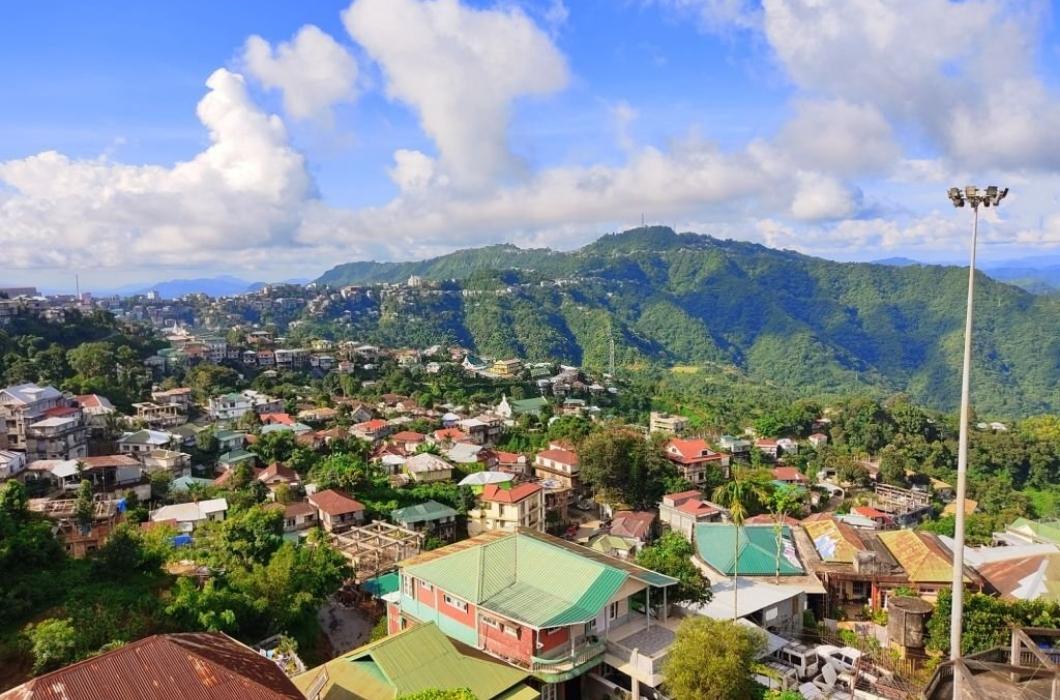
City Vibes
Lunglei carries a unique blend of small-town charm and growing urban energy. The city is spread across scenic hill slopes, offering winding roads, bustling markets, and a lively atmosphere where tradition meets modernity. While life here feels slower compared to big cities, the streets are filled with the warmth of community living, local shops, and cultural vibrancy
Heritage of Lunglei
The heritage of Lunglei is deeply rooted in its cultural traditions, history, and natural surroundings. It reflects the legacy of indigenous communities, their folklore, and age-old practices that continue to shape daily life. From its traditional crafts and handwoven textiles to the customs observed during festivals
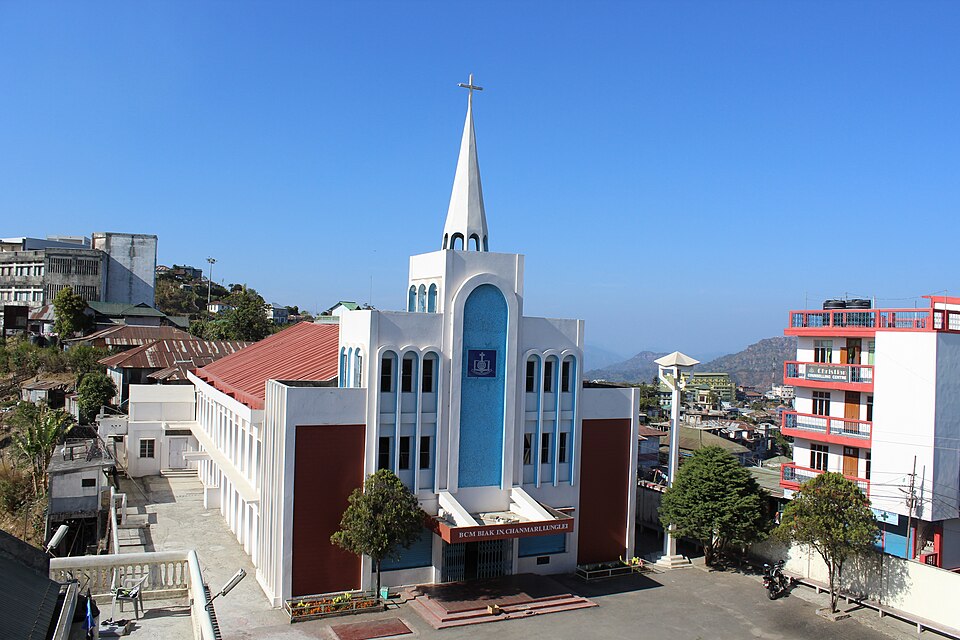
Cuisine of Lunglei
Lunglei is a paradise for food lovers, offering a variety of traditional delights.
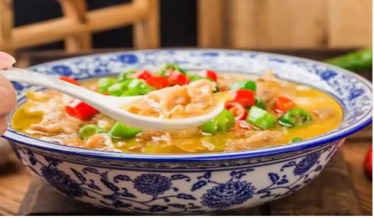
Bai
Bai is one of the most loved traditional dishes, made by boiling seasonal vegetables with local herbs.
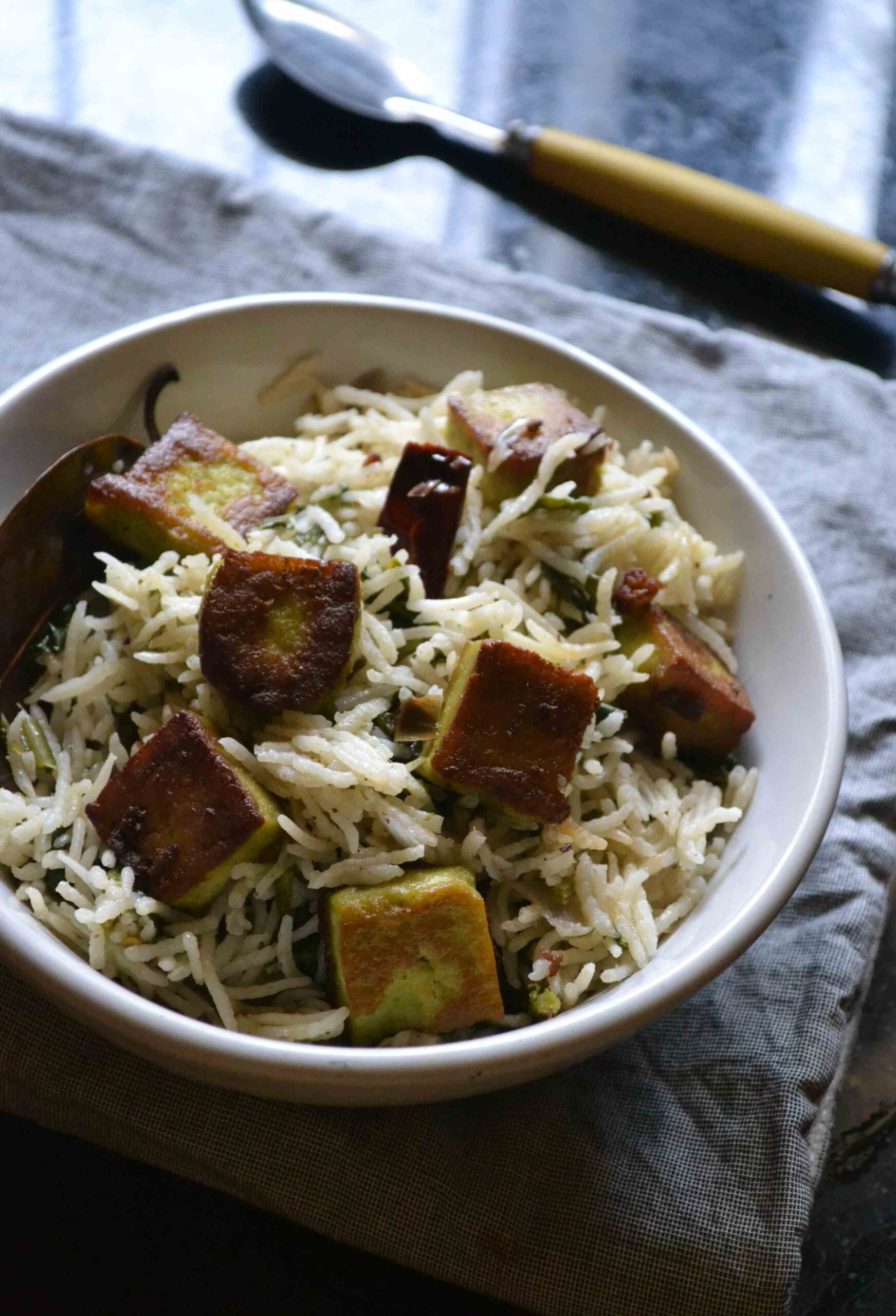
Swahchiar
This dish is a comforting rice porridge cooked with meat, usually chicken or pork, and mild spices.
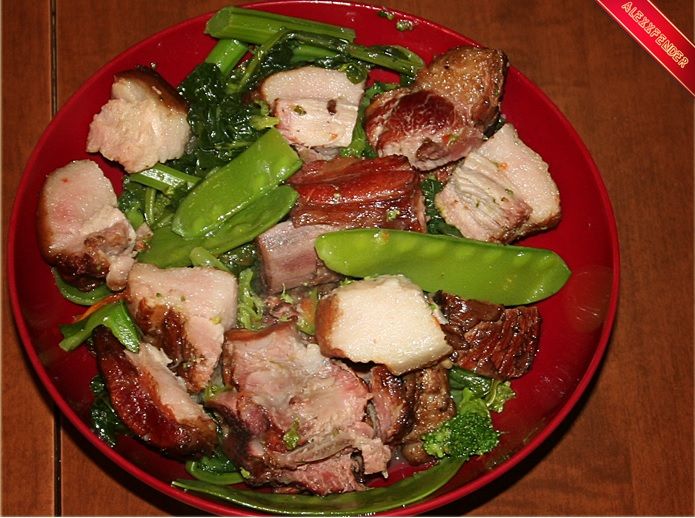
Pork Dishes
Pork is widely consumed in Lunglei and prepared in many styles—smoked, stewed, or roasted.
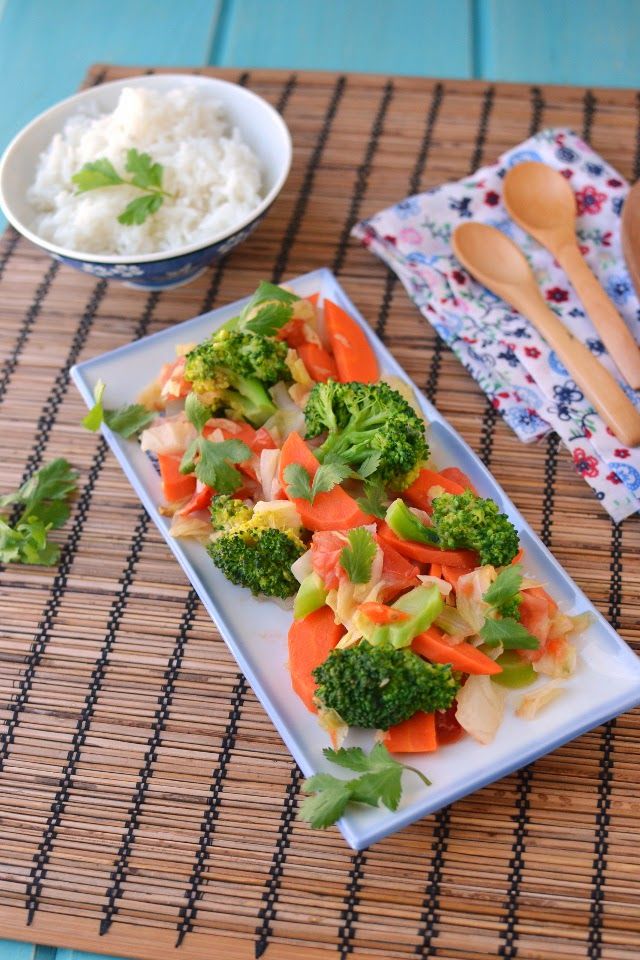
Chhum Han
Chhum Han is a dish of steamed vegetables, often mixed with herbs or lightly seasoned.
Shopping in Lunglei
Shopping in Lunglei offers a vibrant mix of tradition and craftsmanship.
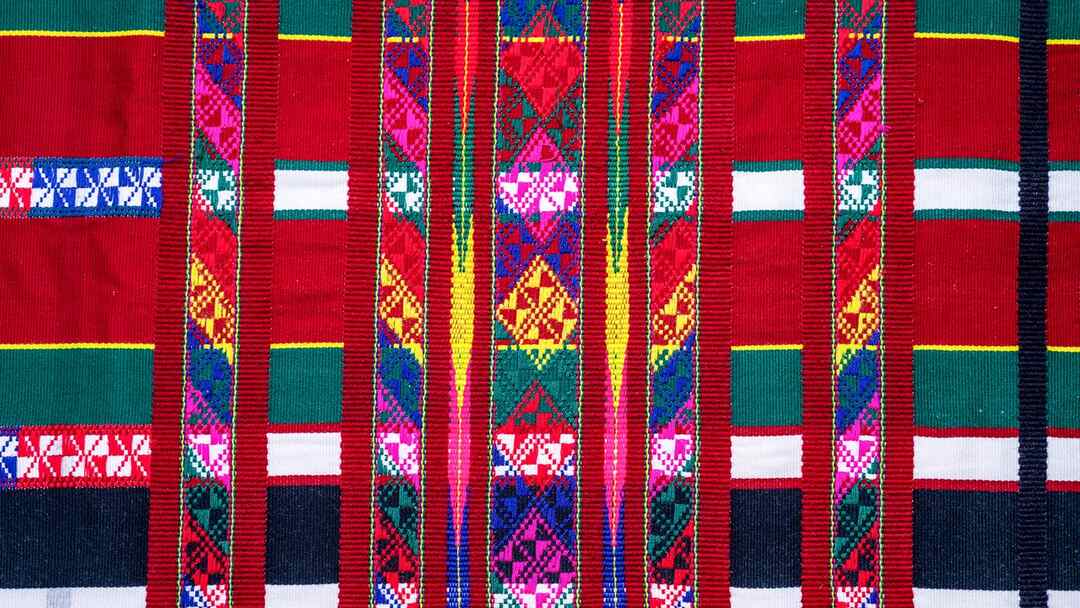
Local Handwoven Textiles
Lunglei is known for its beautifully handwoven textiles created by local artisans. Traditional shawls, wraps, and garments.
Local Spices
Fresh spices, herbs, and organic products are a highlight of shopping in Lunglei. They give you a taste of authentic flavors
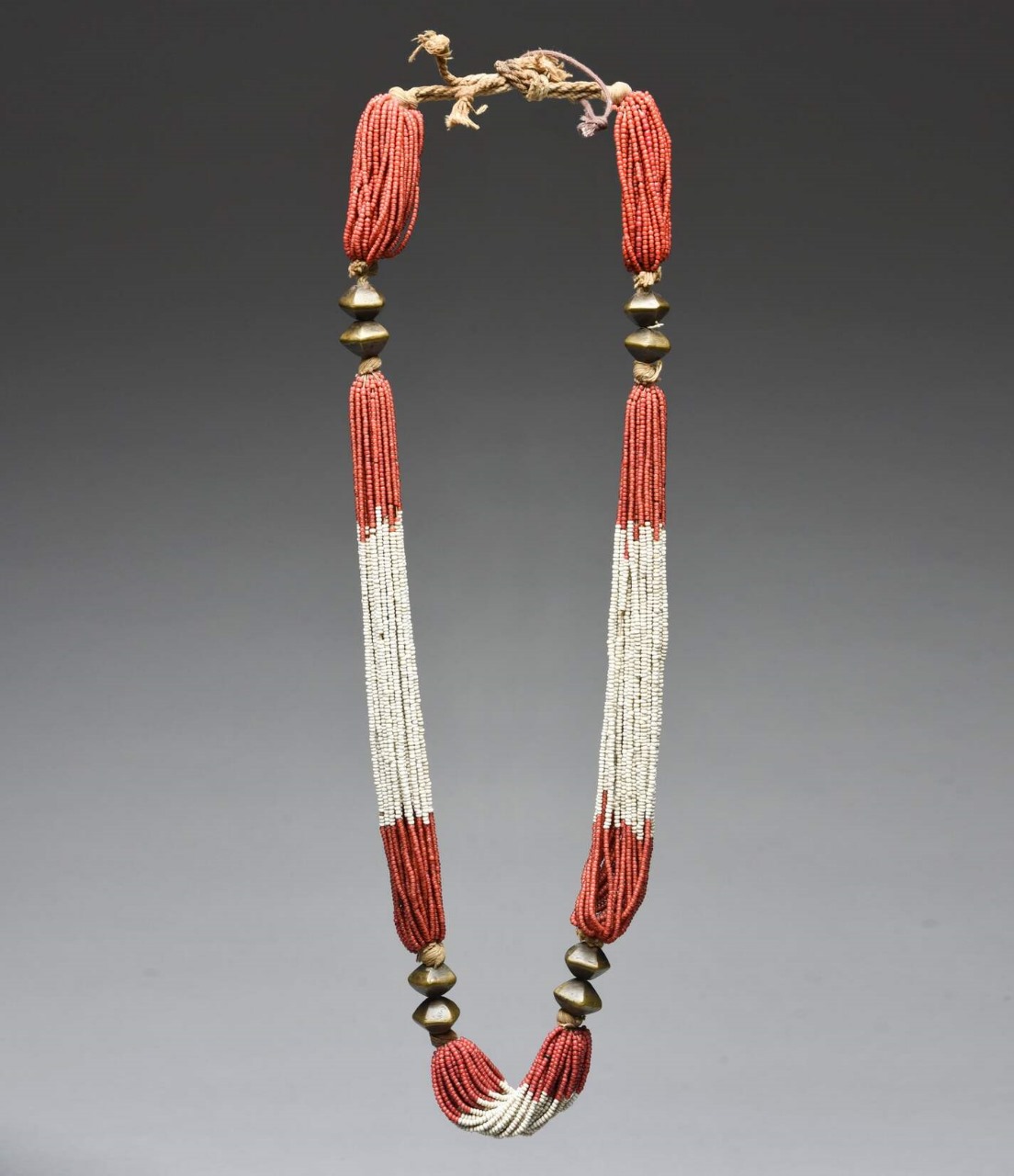
Traditional Jewellery
Shops in Lunglei often sell locally inspired jewelry and accessories made with beads, metal, and natural materials.
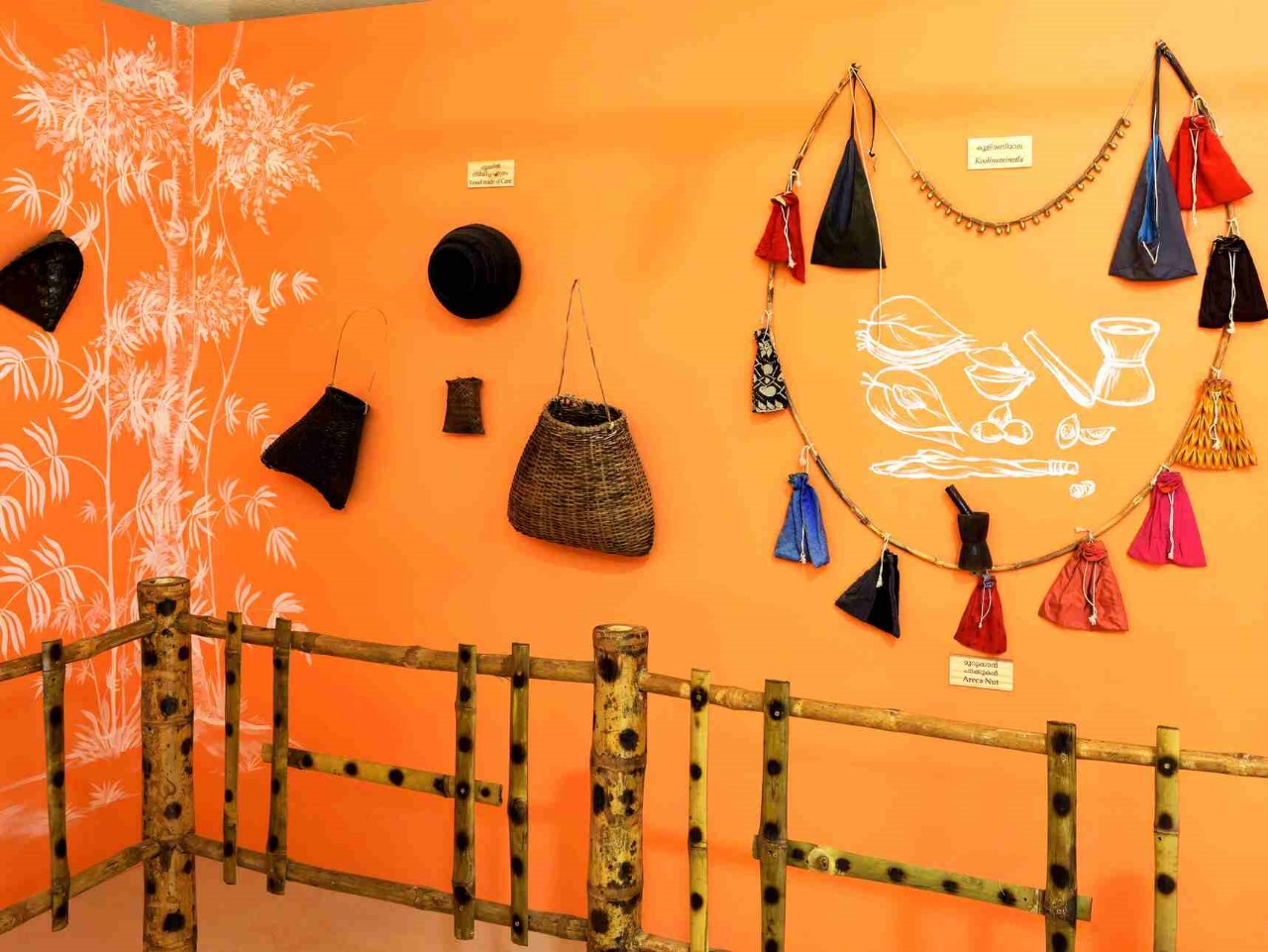
Tribal Handicraft
From bamboo and cane products to woodcrafts, Lunglei’s markets offer unique handmade items that reflect the creativity of local communities.
Tourist's Handbook
The best months to visit Lunglei are generally from October to March, when the weather is pleasant, cool, and comfortable for sightseeing. During this time, the skies are clearer, the temperature remains moderate, and the natural beauty of the hills is at its peak. Unlike the monsoon months, when heavy rains can disrupt travel, winter and early spring provide ideal conditions for exploring the town, enjoying outdoor activities, and experiencing the cultural vibrancy of the region.
Plan Travel in Advance
Roads in Lunglei are hilly and winding, so it’s safer to plan your journeys during daylight hours. Avoid late-night travel as visibility and accessibility may be limited.
2. Respect Local Customs
Lunglei has a rich cultural heritage, so being mindful of traditions, dress codes, and local etiquette ensures a respectful and smooth experience.
3. Carry Essentials
Keep basic medicines, cash (as ATMs may be limited), and light snacks with you, especially while traveling to remote areas. Mobile networks can also be weak in certain regions.
Getting around in Lunglei is mostly done by local taxis and shared sumo services that connect different parts of the town and nearby areas. The roads are hilly and winding, so travel can be slow but scenic. Walking is also common within the town, especially in market areas and short distances, as it allows visitors to soak in the local vibe. Public buses are limited, so hiring private vehicles or relying on shared taxis is the most convenient option
Overcharging by Taxis
Some taxi drivers may overcharge tourists, especially if they sense unfamiliarity with local rates. It’s safer to confirm the fare beforehand or travel in shared taxis where rates are fixed.
2. Fake Local Guides
Unregistered or self-proclaimed guides may approach tourists offering help but could mislead or overcharge. Always choose guides recommended by reliable sources or your accommodation.
3. Price Inflation in Markets
In some shops, prices of handicrafts or local products may be raised for outsiders. Bargaining politely and comparing prices at different stalls can help avoid being overcharged.
Varanasi Blogs
- Uttar Pradesh Cultural guide
- Places to visit in Varanasi
- Places to visit nearby Varanasi
- India’s most popular destination
- India’s archaeological marvels
Recommended articles
- Uttar Pradesh Cultural guide
- Places to visit in Varanasi
- Places to visit nearby Varanasi
- India’s most popular destination

